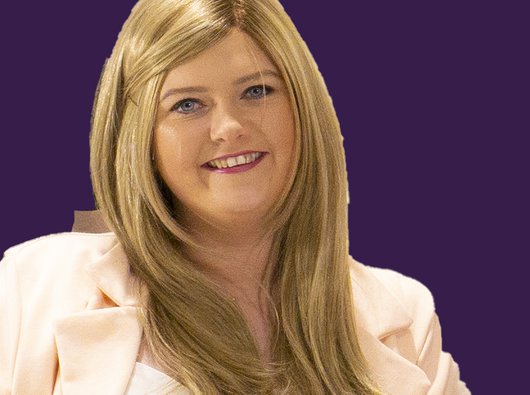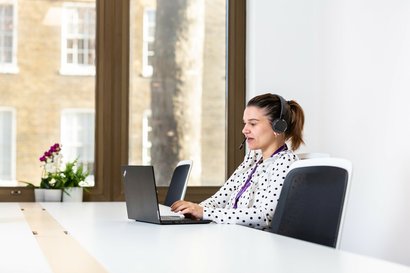Young adults: how to cope with feelings and emotions
Blood cancer doesn't just affect you physically. There's an emotional side too, and you may have feelings you didn't expect.
What is the emotional impact of blood cancer?
The most important thing to know is that there's no right or wrong way to feel, and that everybody is different.
In this video, Emily, Hinna, Jamie and Leanne talk about what living with blood cancer is like for them:
Coping mechanisms
When you have blood cancer, it's likely every day will be different, with lots of ups and downs. There may be times when you feel especially low, and that can be hard to share with family and friends who are already worried about you. However you feel, it's worth remembering there are things you can do to support yourself, from getting professional help to thinking of simple ways to lift your mood.
Listen to Leanne, Hinna, Jamie and Emily share what's helped them emotionally:
How to manage difficult feelings
- Counselling: Ask your hospital or GP for psychological support. Your workplace or university may also be able to refer you for counselling.
- Keep in touch with friends: Even if you’re not feeling great, make the effort to stay in contact with friends. It’s so important for your mental health to keep those connections, whether in person or online.
- Meet people your age with cancer: A few charities organise events and activities for young adults who’ve been diagnosed with cancer.
- Create an uplifting playlist: You might find that music can put you in the right mood to face the day.
- Binge watch your favourite shows or listen to podcasts: If treatment makes you tired, it’s good to have things to do that don’t need much energy but keep your mind busy.
- Record it: It can help you deal with stuff if you keep a written or video diary. Some people are happy to share on social media, to get and give support.
- Try mindfulness: This is about the positive effects of focusing on the present moment. There are loads of apps you can use if you want to try it – just search "mindfulness" online. As a first step, you might want to watch our mindfulness videos.
- Join an online forum: Forums make it easy to connect with other people going through cancer.
- Plan things to look forward to: Having something to look forward to can help you get through the bad days. Plan things you used to enjoy doing and want to get back to, or new things you’ve always wanted to try.
Join our online community forum
"Everyone on the online community forum is so supportive and people will always respond." - Leanne

Places to get more support
Blood Cancer UK
Call our Support Service on 0808 2080 888, or email [email protected]
To connect with people who’re going through similar things, join our online community forum
You can also follow us on Facebook (Meta), Instagram, X or TikTok. Search Blood Cancer UK.
NHS Services
In England, you can refer yourself to talking therapies in your area.
In Scotland, you can get immediate help from Breathing Space.
In Wales and Northern Ireland, speak to your GP to get a referral for counselling.
If you’re under 18 and live anywhere in the UK, your local Child and Adolescent Mental Health Services (CAMHS) may be able to support you. Ask your GP or hospital team about being referred to CAMHS.
Private therapy
You can find trained counsellors and therapists through the Counselling Directory and British Association for Counselling and Psychotherapy (BACP).
You will need to pay, though some therapists offer free or low-cost counselling. Look at the individual counsellors’ pages.
Work-based services
If you’re working, your employer may have an Employee Assistance Programme (EAP). EAPs may offer counselling or psychological therapies as part of a package of services. Ask your employer how to access your EAP.
University services
If you’re at university, you should have access to free counselling services. Go to your university’s website and search ‘student counselling’.
Other charities
Organisations such as Young Lives vs Cancer, Shine Cancer Support, Teenage Cancer Trust, Trekstock, the Ellen MacArthur Cancer Trust and Young Minds all offer help and support for young adults with a cancer diagnosis.

Contact our support services team
Our team of nurses and trained staff offer support and information to anyone affected by or worried about blood cancer. Contact them by phone, email, or on our Community Forum.
More About This